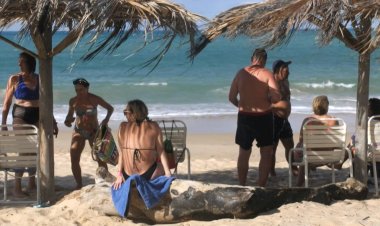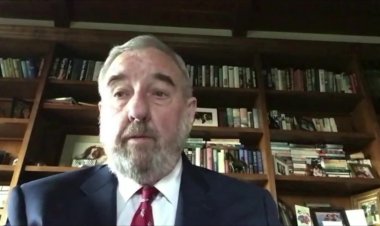Protests in Nigeria Over Rising Costs

At least three protesters were killed in Nigeria's Kaduna state as demonstrators rallied across the West African nation against rising cost of living and governance issues.
Inspired by protests in Kenya in June that led to the government there scrapping some planned tax increases, Nigerians are mobilizing online to demand the reinstatement of subsidies for petrol and electricity, free primary and secondary education and measures to combat insecurity, among other demands.
Thousands of protesters marched in major cities in Nigeria to demand “immediate action” on the country's economic hardship, food crisis and inflation.
The crowd, mostly youths and human rights activists, marched to the city center and business areas of Ikeja, Ojota and Ojodu, while chanting: "We're hungry, don't kill us, enough of hunger and hardship, anti-poor policies, end hardship now!"
Protesters are demanding a cut in electricity, petrol pump and food prices, in addition to the introduction of free education, good governance, justice and constitutional reforms.
The government had obtained court injunctions in Lagos and Abuja to restrict protesters from demonstrating on the streets and in the national square in Abuja.
Protesters, however, defied the injunctions and marched on streets in those cities, and in Port-Harcourt and Ibadan in the south, and Kano, Bauchi and Maiduguri in the northern region.
Police and protesters fought in the northeast Maiduguri epicenter over a decade-old terror attack after police fired tear gas to disperse the crowd.
The protest forced most businesses, commercial centers, banks, markets, academic institutions and offices to close operations in fear that the demonstration may degenerate into violence.
Nigeria faces economic challenges as the high cost of food, fuel, cooking gas, medicine and transport have pushed up the cost of living.
In June, inflation rose to 34.29% from 29.90% that was recorded in January, according to the National Bureau of Statistics.















